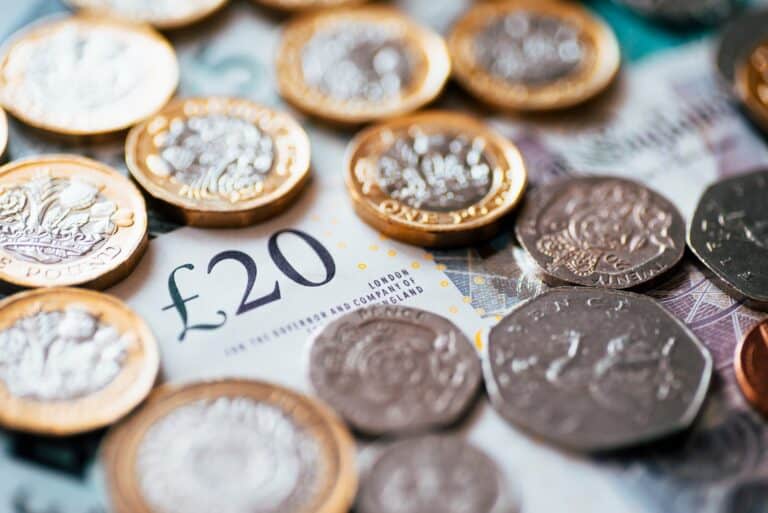If I’d invested £5,000 in AstraZeneca shares 5 years ago, here’s what I’d have now

AstraZeneca (LSE: AZN) shares recently set a record high as investors lapped up a bullish update on trading and news of a fresh growth strategy from the FTSE 100 pharma giant.
This made me ponder how much I could have made if I’d invested five years ago.
Stock market winner
Since 2019, AstraZeneca has been in rude health, benefitting from a revitalised research and development process, a significantly improved hit rate in clinical trials and sound acquisitions (including rare disease firm Alexion).
Naturally, this hasn’t gone unnoticed by the market. If I’d invested £5,000 back then, I’d have doubled my money by now.
That may not sound all that exceptional when I consider that some UK shares have done even better for investors over the same period. On the other hand, I’d say the majority of UK stocks haven’t delivered anywhere near this result in the wake of Brexit, the pandemic and the cost-of-living crisis.
Importantly, this is just the capital gain. It doesn’t take into account the impact of any dividends AstraZeneca investors have received over the period.
Personally, I reinvest any cash I receive back into the market. This allows me to benefit as much as possible from the miracle that is compound returns. But I’m conscious that many older holders of Astrazeneca might not do this. So, that’s why I haven’t factored them in.
Perhaps most importantly, the top tier of the UK market is up just 12% in value. This shows that smashing the market return doesn’t require a complex, high-risk stock-picking strategy.
Still worth buying?
Sadly, I wasn’t invested in AstraZeneca shares over this period, at least directly. So, have I missed this big pharma boat?
Well, the current valuation — a forecast price-to-earnings (P/E) ratio of nearly 20 — suggests good news is already factored in. By contrast, index/industry peer GSK trades on a P/E of 10. It also comes with a 3.7% dividend yield that looks easily covered by profit.
This doesn’t mean GSK is necessarily a better buy as things stand. It has its own issues, including litigation headaches and an arguably less potent drugs pipeline.
Going for growth
AstraZeneca also seems to be doing very well trading-wise. Revenue increased by 19% to $12.7bn in the three months to the end of March.
It’s now looking to achieve full-year revenue of $80bn by 2030 — more than analysts had previously projected — partly through launching lots more medicines between now and then.
Interestingly, broker Berenberg just raised its price target to 15,000p. That’s 20% or so higher than where it currently stands.
The market clearly likes the story here. However, I’d say the aforementioned premium could be a problem. It means the market could react more harshly if the company doesn’t meet the elevated expectations. That means the shares could fall and even if it’s only temporary, buying at the ‘wrong’ time would dent returns.
Strong and stable
What I am confident in is the belief that both companies operate in a highly resilient sector that generates seriously high margins. Put simply, demand for what AstraZeneca does stays relatively constant regardless of economic or geopolitical headwinds.
This is why I continue to think that having some exposure to the industry within a portfolio — even directly or, like me, via funds — makes sense.
The post If I’d invested £5,000 in AstraZeneca shares 5 years ago, here’s what I’d have now appeared first on The Motley Fool UK.
More reading
Paul Summers has no position in any of the shares mentioned. The Motley Fool UK has recommended AstraZeneca Plc and GSK. Views expressed on the companies mentioned in this article are those of the writer and therefore may differ from the official recommendations we make in our subscription services such as Share Advisor, Hidden Winners and Pro. Here at The Motley Fool we believe that considering a diverse range of insights makes us better investors.
Motley Fool UK 2024

 Yahoo Finance
Yahoo Finance 